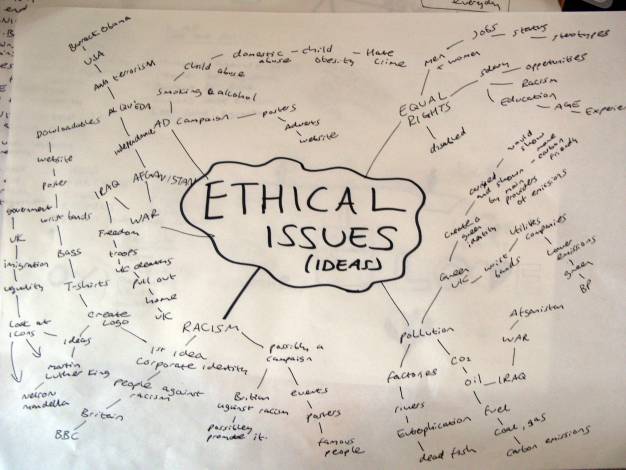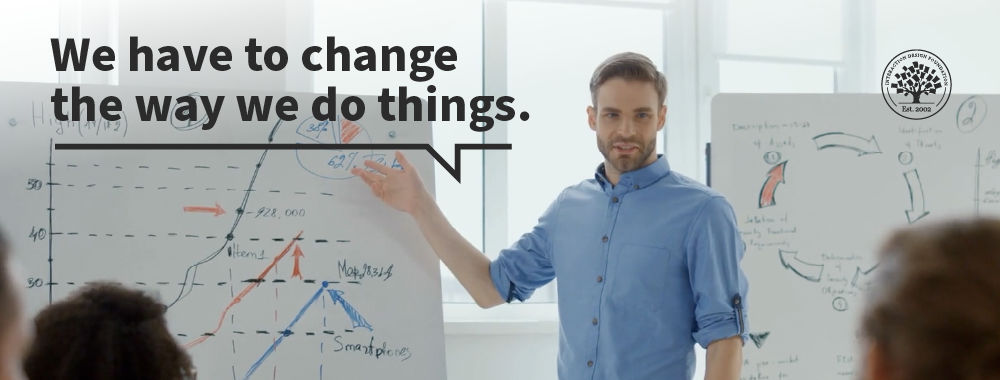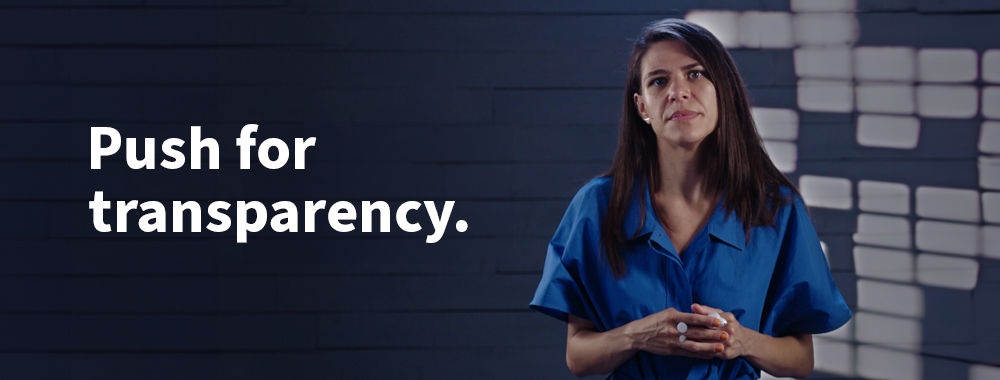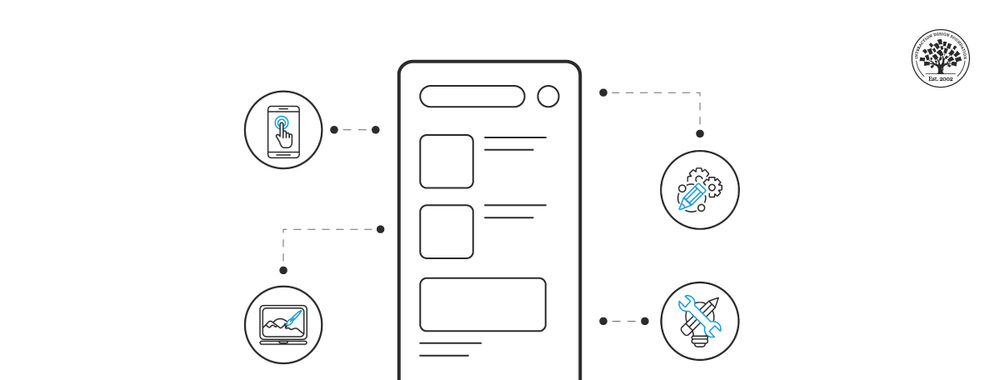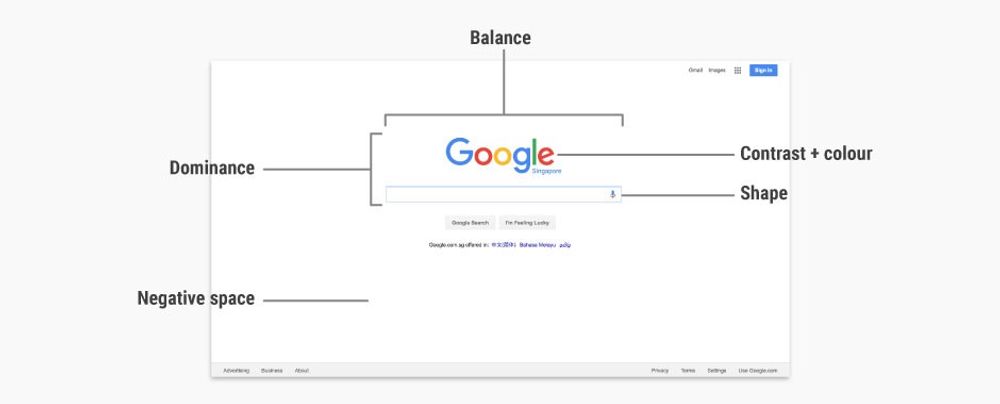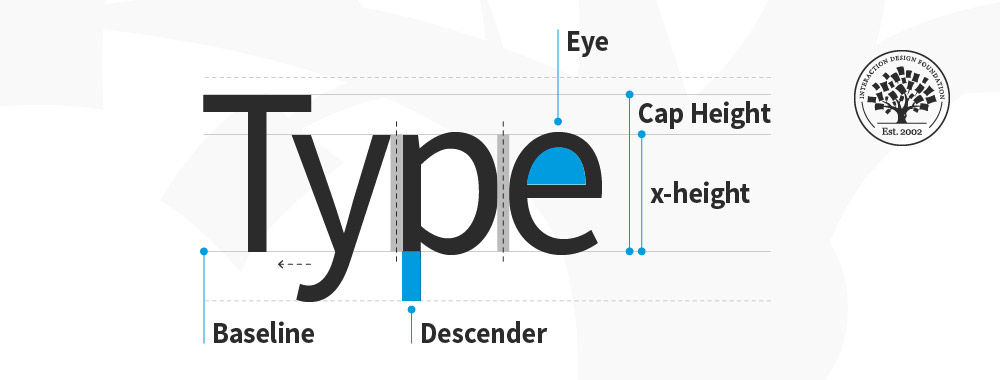It’s quite amazing how many sales psychology tricks are employed online. The theory is simple; the online vendor wants to persuade the user to spend as much money as possible or at the very least to spend some money before they leave the website.
A Typical Tactic
Amazon offers free delivery right? Well… not entirely. Amazon offers free delivery if you spend over $25. Amazon also offers free delivery (in two working days) if you sign up to their Amazon Prime service. Amazon Prime comes at a reasonably substantial $99 for a one year membership.
If you’re an Amazon shopper – it would be impossible for you not to be aware of this state of affairs. Amazon remind you of delivery options constantly throughout the purchasing process. “Get Free Delivery!” is everywhere.
It’s a neat trick. People like to save money. In fact they like to save money so much; that they will spend rather more money than they had intended to in order to save money.
Someone who visits Amazon for a $5 book purchase but who then learns that they can save $6 in postage if they just buy another $20 worth of stuff; quite often will buy something more.
The $6 of postage is seen as no real benefit to the user so if it can be eliminated – it should be. That’s true, even though in this example; the customer spends $14 more than they needed to in order to get their book.
Note: The example below shows slightly different figures but offers a similar concept.

Is there an Ethical Question?
If this sounds underhand, then it probably is, but is it any different from the tactics used in bricks and mortar retail? If you’ve visited a Wal-Mart or a Tesco (or similar large supermarket) recently; then you will almost certainly have seen a “buy one get one free!” deal (BOGOF as it’s known in the trade).
You must know that you’re not getting anything free; you’re paying a higher price for an item in order to get one “free”. Yes, it’s better value than buying the small bottle of shampoo but only if you use all that shampoo – if you’re buying it to take on holiday and intend to abandon the bottle in a hotel bathroom – it’s a dreadful deal.

We’ve heard many people talking about the “tricks” online retailers use but in most cases; those tricks are the same as those used by any other kind of retailer. If there is an ethical question to be answered; it needs answering at a higher level and without discriminating against online retailers.
For the moment, the groundswell of opinion is that if a sales offer is clear then it is an ethical offer. Amazon really do give you free postage and Walmart really do give you two bottles for the “price of one”. That means that small online retailers should be looking at how to improve their sales psychology online so that they can truly compete with Amazon etc. On a level playing field.
Image Source:
Img: Ethics
